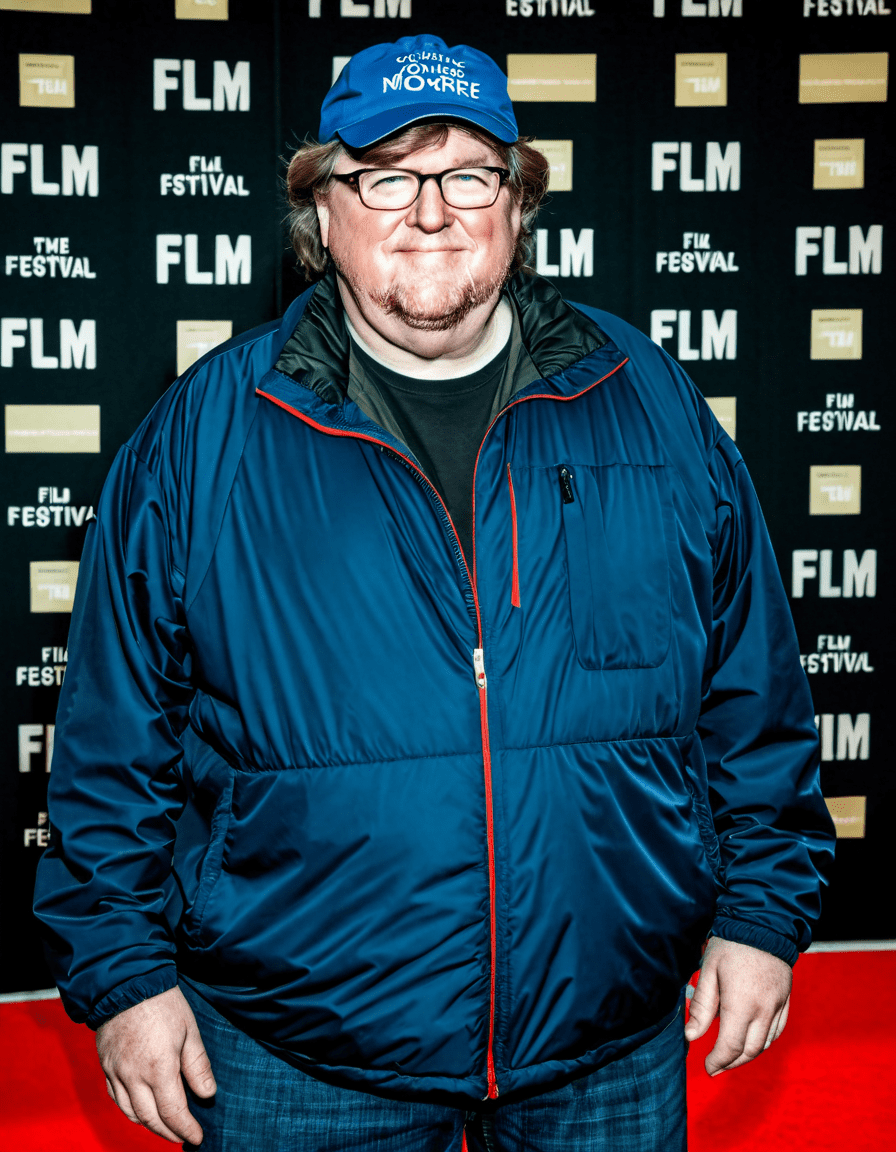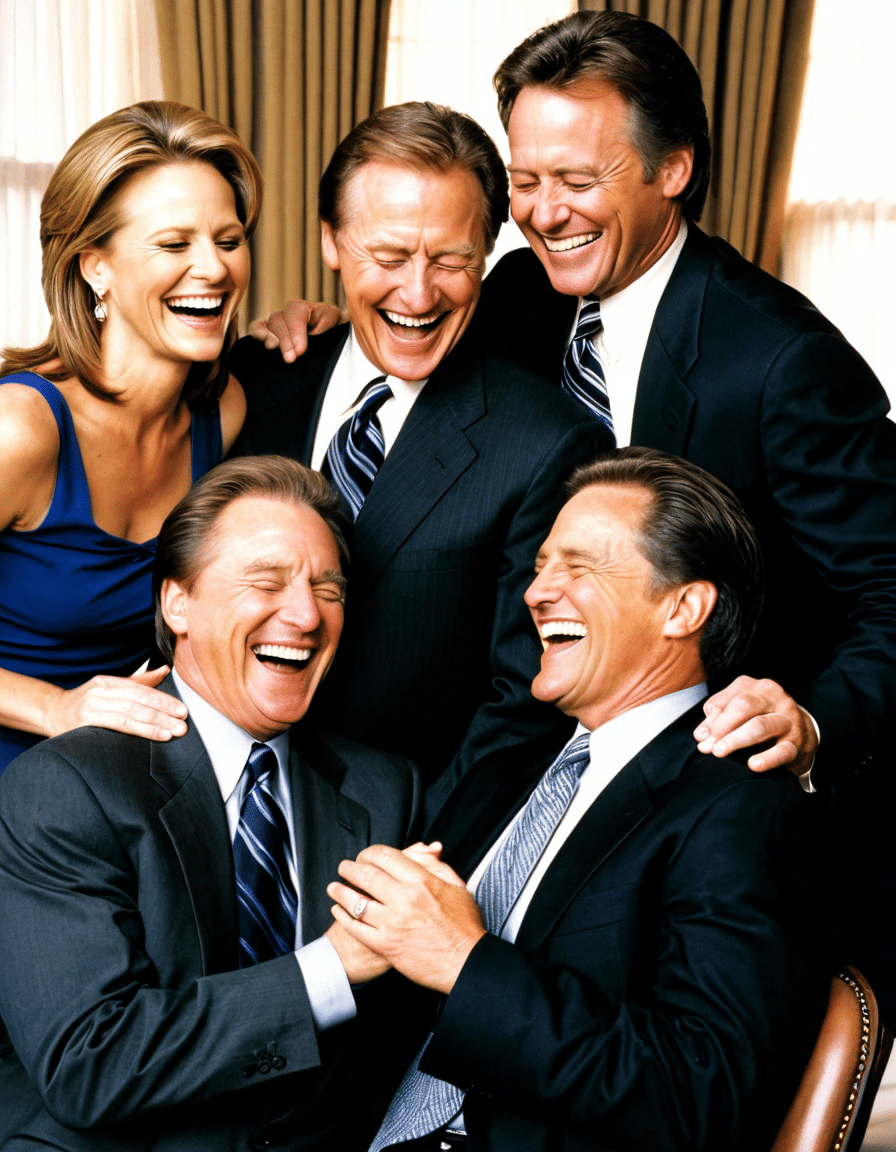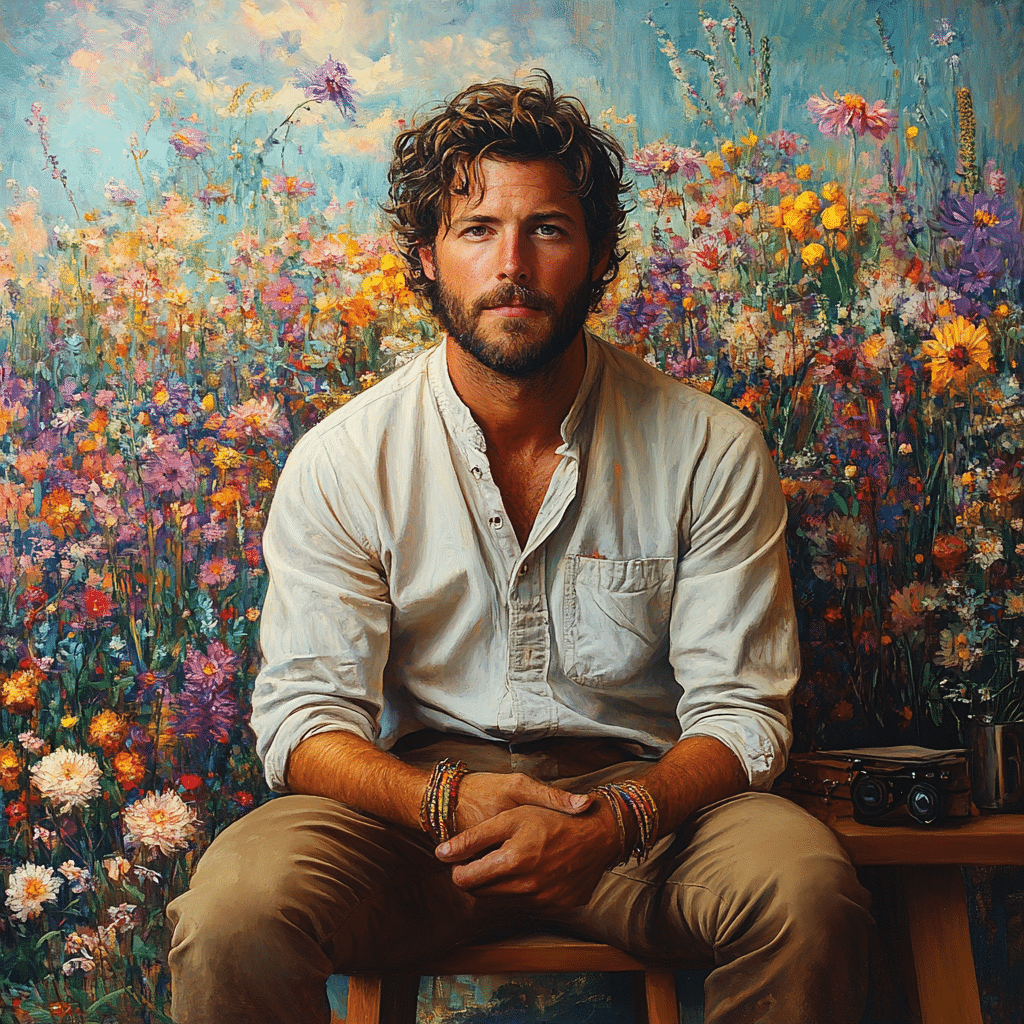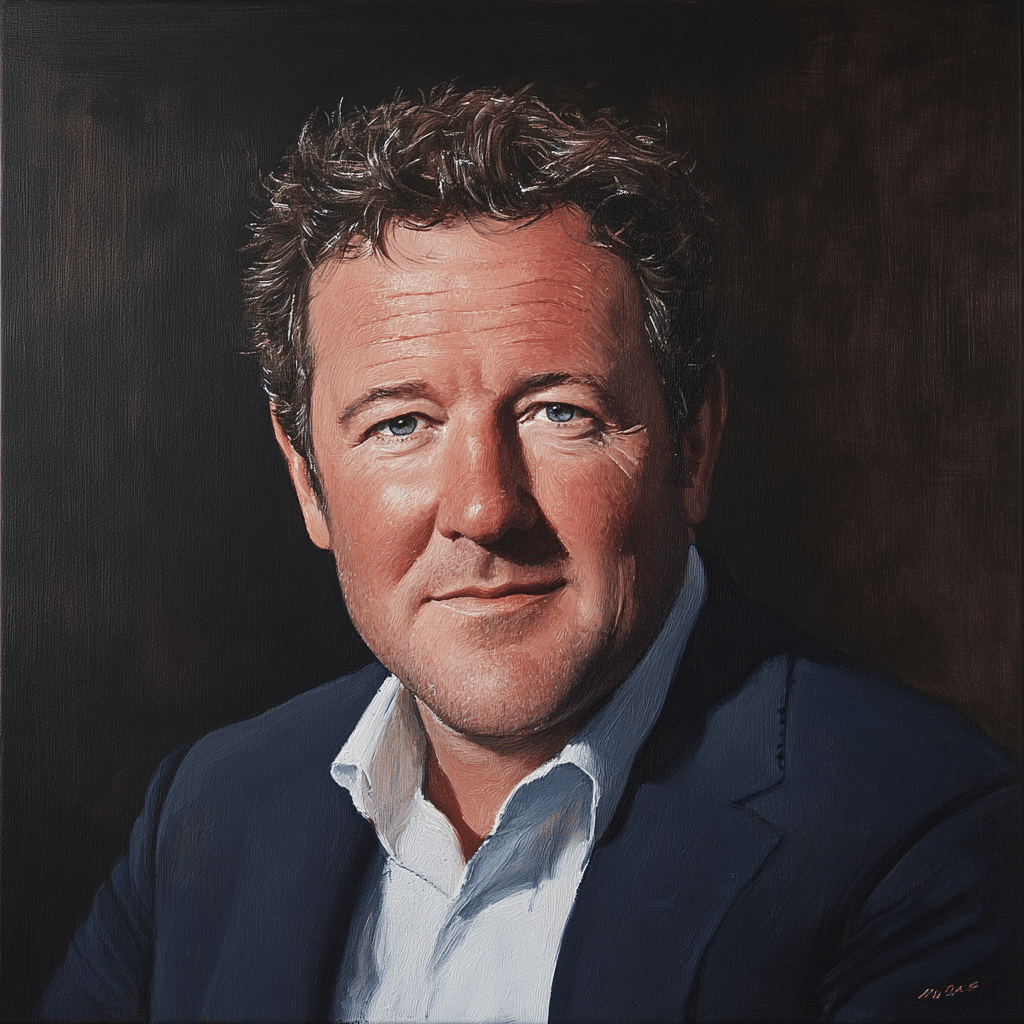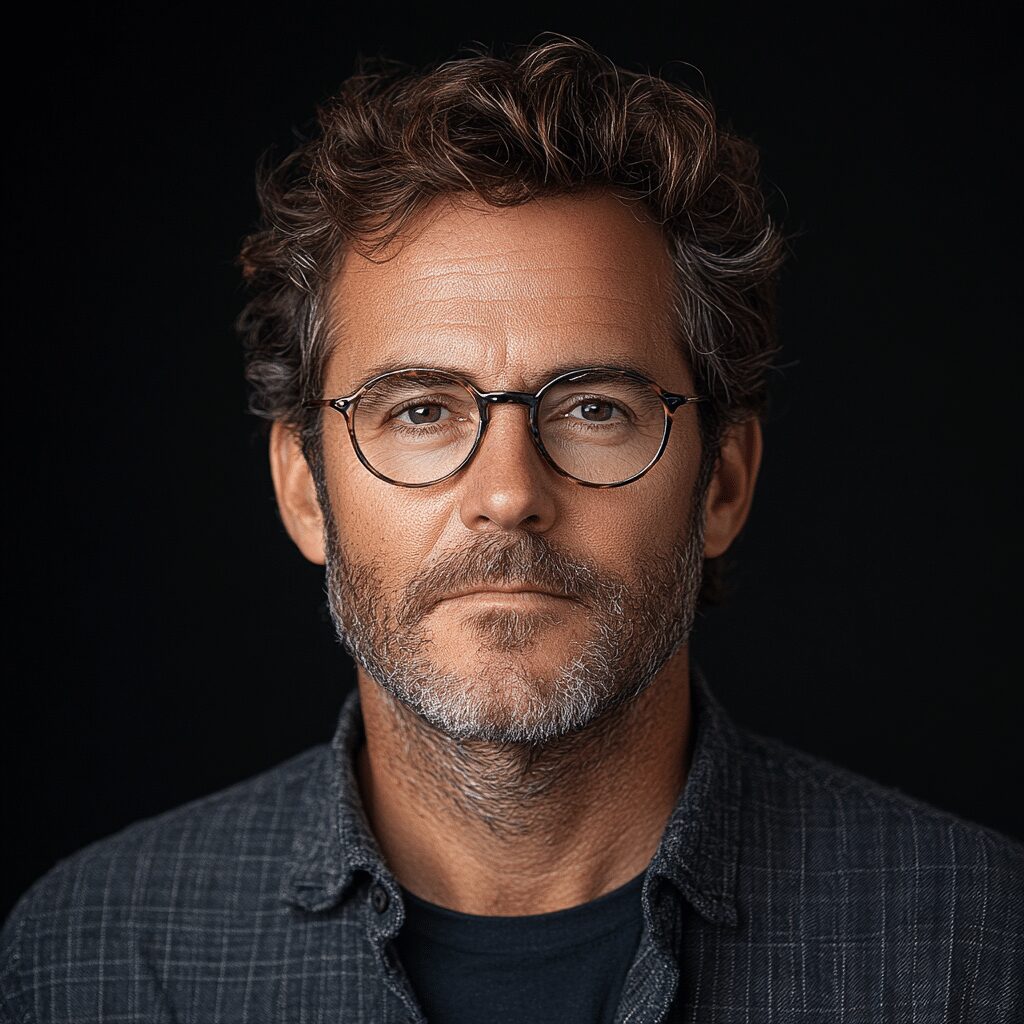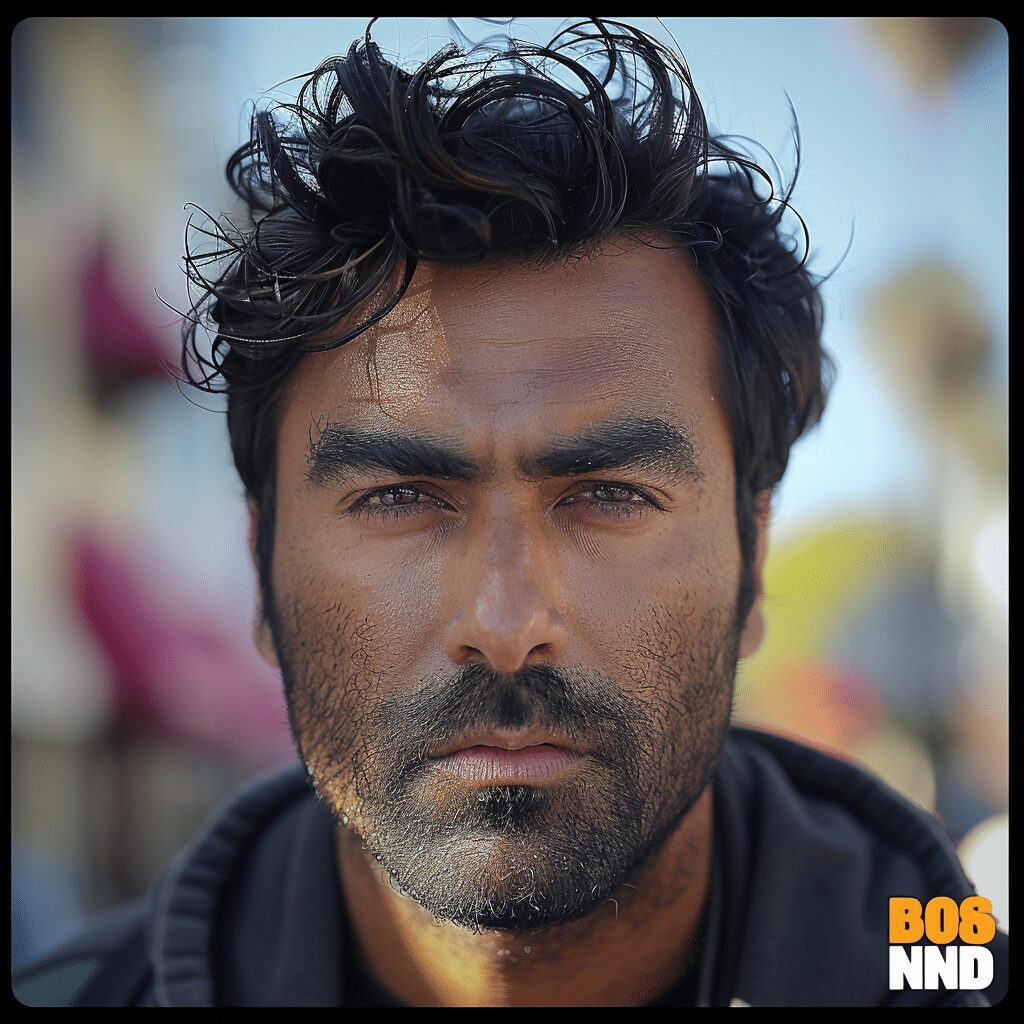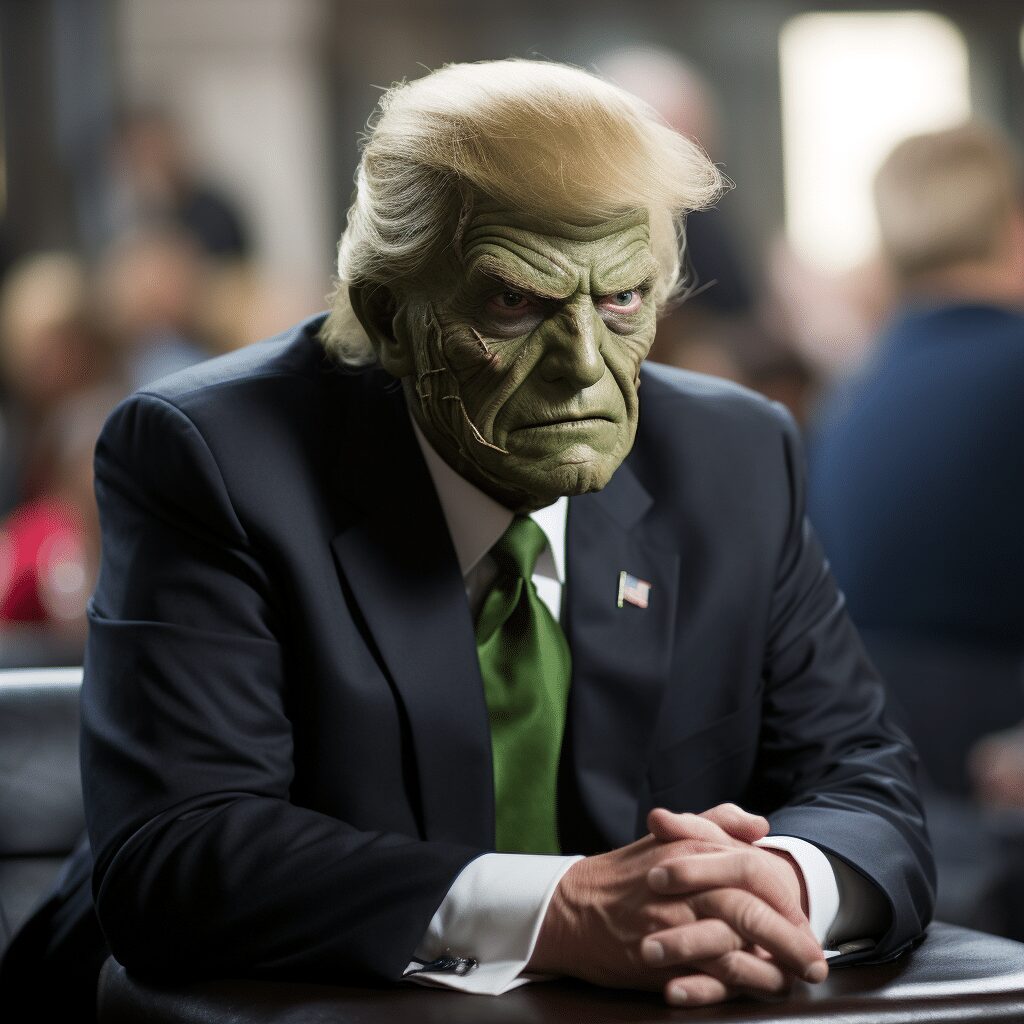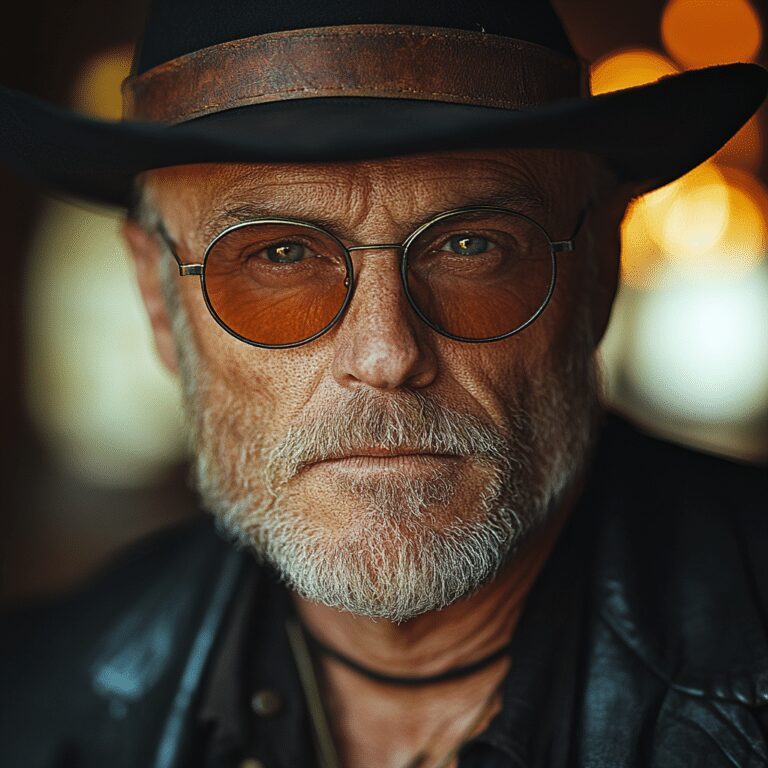Michael Moore is a name that often stirs a pot of opinions. Love him or hate him, there’s no denying that he’s one of the most influential filmmakers of our time. With his provocative documentaries that provoke discussions and controversies, Moore’s movies tackle pressing societal issues and invite viewers into the heart of debates. So, let’s dive into the bold story behind Michael Moore’s daring films that continue to shape the film industry and ignite conversations across homes and classrooms.
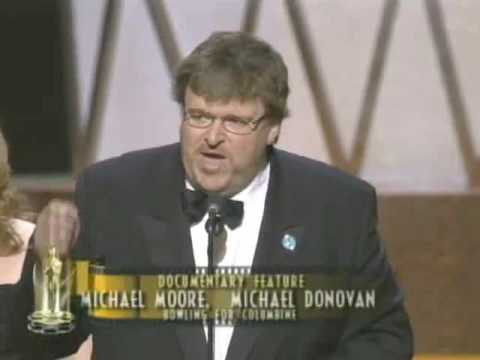
1. Bowling for Columbine: A Case Study in Gun Violence
Released in 2002, Bowling for Columbine was a game-changer. Moore delved into America’s gun culture, asking tough questions about what drives the violence in our society. Blending sharp statistics with humorous and sometimes shocking interviews, he forces viewers to face uncomfortable truths. While some hailed it as an eye-opener, others labeled it as a smear against American values. It really sparked heated debates about gun control and the media’s role in shaping public perception, dripping with societal reflections that felt all too real.

2. Fahrenheit 9/11: The Political Shake-Up
When Fahrenheit 9/11 hit theaters in 2004, it was like tossing a match into a fireworks factory. This documentary scrutinized the actions of the Bush administration around September 11 and afterward, raising eyebrows and blood pressures across the political spectrum. Winning the Palme d’Or at the Cannes Film Festival, it became the highest-grossing documentary ever. Moore’s challenge to the establishment and his sharp criticisms during the Iraq War made waves that transcended typical box office success. Indeed, it firmly planted him on the map as a controversial political figure.
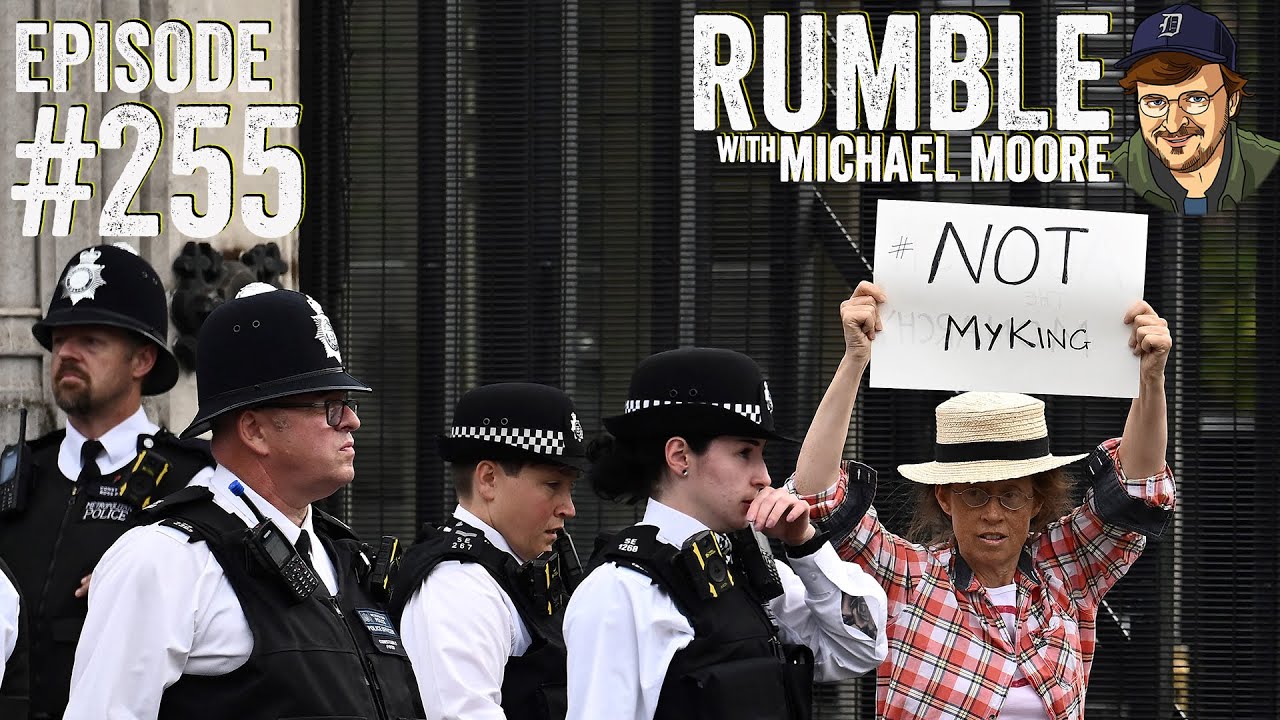
3. Sicko: The Healthcare Debate
Sicko, released in 2007, marked Moore’s exploration of America’s healthcare system. By comparing it with other countries boasting universal healthcare, he blazed a trail for critical discussions about medical care. The film brought forth heart-wrenching personal stories while pushing audiences to reckon with whether healthcare should be seen as a right or a privilege. In an era where health became a central concern, Moore’s arguments resonated loud and clear, advocating for a vital conversation full of societal implications.
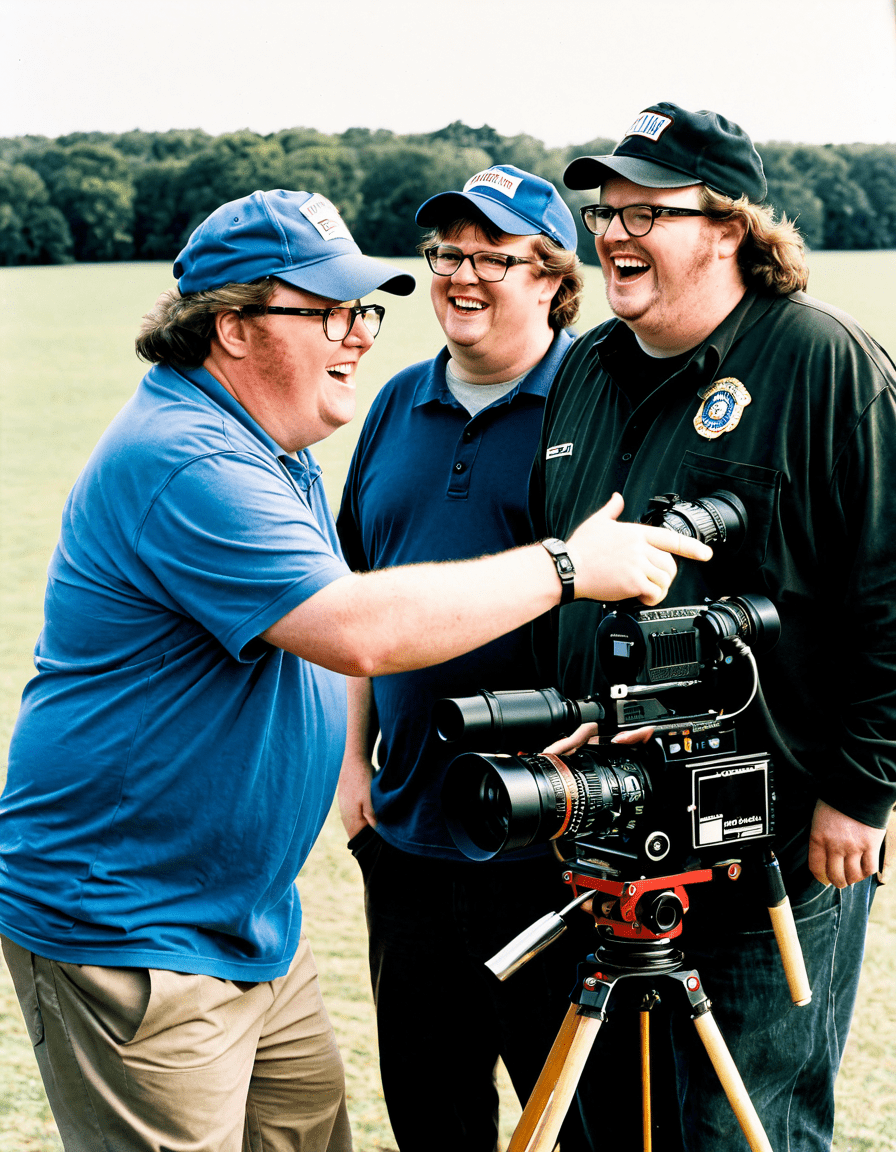
4. Capitalism: A Love Story: The Economic Exploration
In 2009, Capitalism: A Love Story offered a deeply emotional dive into the ups and downs of the American economic landscape. Moore took on the 2008 financial crisis, connecting the dots between the average citizen’s struggles and the towering giants of corporate power. His passionate critique of capitalism’s fallout left audiences grappling with tough questions about the American dream and who it really benefits. It stirred urgent debates about the economic disparities we continue to witness, echoing real-world concerns that many are still living with today.

5. Where to Invade Next: The Global Perspective
Fast forward to 2015, and we see a different side of Moore in Where to Invade Next. This film is a unique blend of humor and social critique. Moore embarks on a comedic journey across Europe, “stealing” ideas to improve American society—from educational reforms in Finland to labor rights in Italy. It’s a light-hearted yet incisive exploration that suggests that we might learn quite a bit from other countries. In a world increasingly focused on divisiveness, Moore reminded us to look at what brings us together as a society.
6. Fahrenheit 11/9: The Trump Era
Returning to the documentary scene in 2018, Fahrenheit 11/9 took a critical eye toward Donald Trump’s presidency and the broader implications it had on democracy. With his signature style of mixing humor and serious commentary, Moore tackled pressing issues like climate change and gun violence. This film urged viewers to acknowledge political realities and engage more actively in their communities. It’s a call to arms, beckoning us to reckon with the state of our democracy in real-time.
7. The Michael Moore Film Festival: Cultivating New Voices
But hold on! Moore isn’t just about his films; he’s also passionate about nurturing the next generation of filmmakers. Through initiatives like the Traverse City Film Festival, he’s offered an invaluable platform for lesser-known voices in cinema. This festival has become a vibrant space where diverse stories come to life. Moore’s dedication to grassroots cinema elevates narratives often overlooked, inspiring fresh talent to share their visions.
Spotlight on Collaborations: Influential Partnerships in Documentary Filmmaking
Now, let’s take a moment to appreciate some of the partnerships that have influenced Moore’s filmmaking. Collaborations can bring a new flavor to the table, and Moore has worked with a variety of artists and innovators. Think of Sean Baker, whose work resonates deeply with social issues. With his knack for storytelling, Baker’s approach aligns with Moore’s mission to shed light on vulnerable communities.
Frank Ocean is another cultural icon whose social justice musings parallel Moore’s narratives. The intersection of art and activism carries a powerful message in both their works. Then there’s Ali Wong, whose comedic narrative style complements the serious discussions Moore often tackles. These collaborations serve as a reminder that filmmakers can unite in the quest for meaningful dialogue through artistic expression.
The Legacy of Michael Moore: Impact on Film and Society
Michael Moore’s films don’t just sit on shelves; they ignite passion and compel viewers to engage. His ability to politicize everyday experiences challenges audiences to manage their preconceived notions, sparking discussions everywhere from family dinners to congress. He encourages viewers like Kevin Hart, who often discusses race in America, to actively engage with the pressing social issues around them. Moore’s films invite everyone—from Ben Savage exploring moral dilemmas through acting to Kevin Jonas engaging in charity work—to actively consider their roles in society.
As we reflect on the evolving landscape of the film industry today, Moore’s impact remains undeniably profound. His bold storytelling entertains and provokes essential conversations that resonate through generations. What’s next for this daring documentary filmmaker? Only time will tell, but one thing’s certain: Michael Moore will keep making waves, encouraging filmmakers like Robbie Amell and activists like Tim Pool to disrupt norms and inspire meaningful change. If that isn’t a legacy worth talking about, I don’t know what is!
So, whether you’re a die-hard Moore fan or someone who prefers to dodge his critiques, it’s undeniable that his contributions have shaped many discussions in today’s society. So, grab your popcorn and engage with these films—you might just find a new perspective you hadn’t considered before!
Michael Moore: The Bold Story Behind His Controversial Films
A Rebel With a Cause
Michael Moore is known for his thought-provoking documentaries that challenge the status quo and raise awareness on pressing social issues. Did you know that his style is often likened to the charismatic approach of actors like Sean Gunn? Both share an ability to engage audiences while delivering impactful messages. Moore’s breakthrough film,Roger & Me, not only spotlighted corporate greed but also showcased his knack for blending humor with serious topics—a technique that’s become his signature.
The world of sports and politics isn’t off-limits in his films, either. For instance, he often highlights themes of inequality, much like the deep-rooted rivalries seen in events like the Galatasaray Vs Fatih karagümrük soccer match. Each side has their narrative, reminding us that everyone has a story worth telling, even if it can spark debate.
A Master of Timing and Context
One intriguing aspect of Michael Moore’s work is how he times his releases with significant national events. His film “Bowling for Columbine” emerged during heightened discussions about gun control, aiming to connect dots that many overlook. In a similar vein, the tensions of the past can echo in contemporary sports discussions, reminiscent of dynamics involving athletes like Eddie Lacy, whose performances often mirror societal sentiments. It’s fascinating how storytelling can lead to broader conversations.
Moreover, Moore’s documentaries sometimes feel like wrestling matches, where narratives grapple for attention. This is akin to a showdown between names like Scott Steiner, who’s synonymous with body slams and theatrics. Moore takes on some heavyweights in his films, using their tactics of drama to keep audiences glued to their screens.
The Impact of the Personal Touch
What truly sets Michael Moore apart is his commitment to personal storytelling. He often weaves his own experiences into the fabric of his films, creating a relatable connection with viewers. It’s like how filmmakers Andrew Form or Palki Sharma choose their subjects—there’s a personal stake that enhances the narrative. By using his life as a lens, Moore invites us all to reflect, making us question our surroundings.
As he digs deep into the issues at hand, Moore captures the essence of societal repercussions that can be as ominous as an asteroid hurtling through space. His films often make us ponder where we stand as a society, challenging us to think critically and take action.
All in all, Michael Moore stands at the crossroads of advocacy and filmmaking, creating a space where entertainment and activism collide. His bold storytelling encourages open dialogue, urging us to consider multiple perspectives and ultimately, make change.
